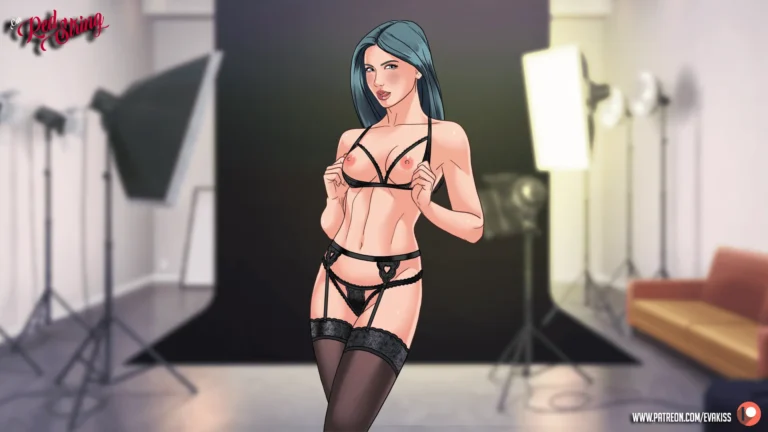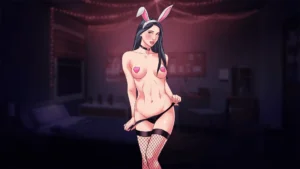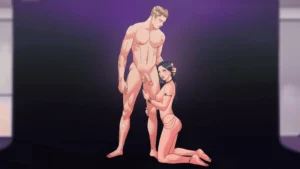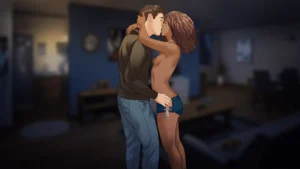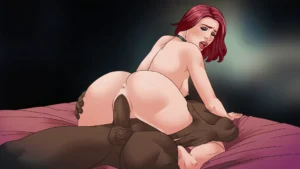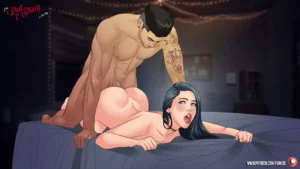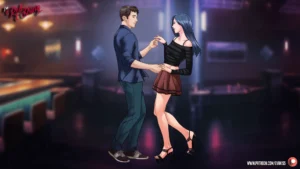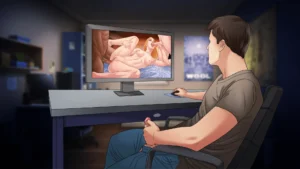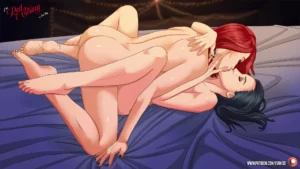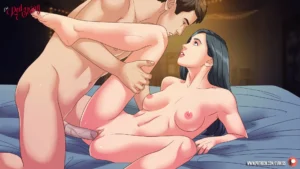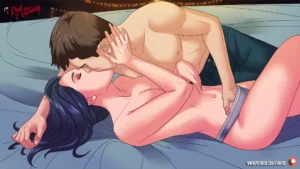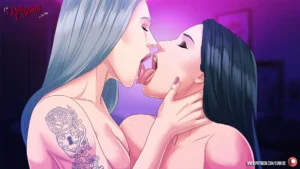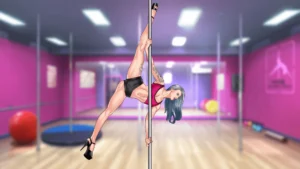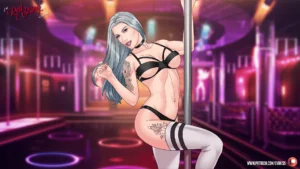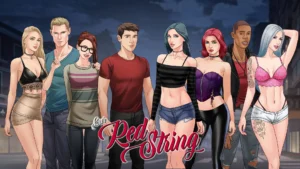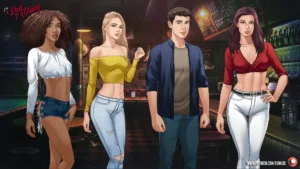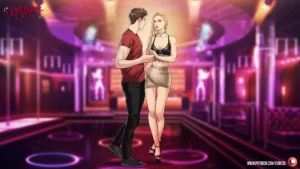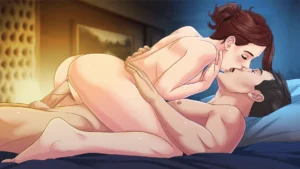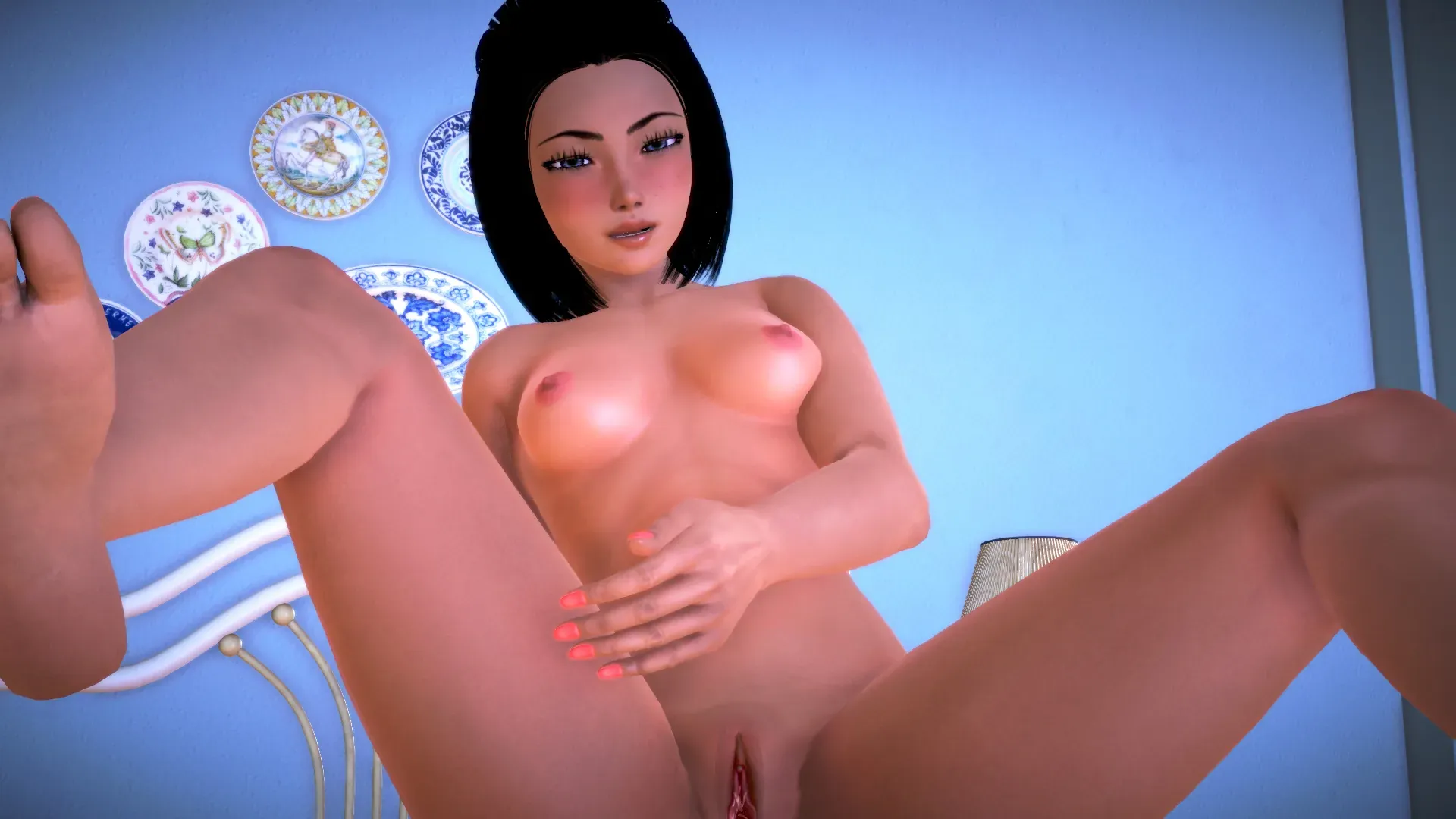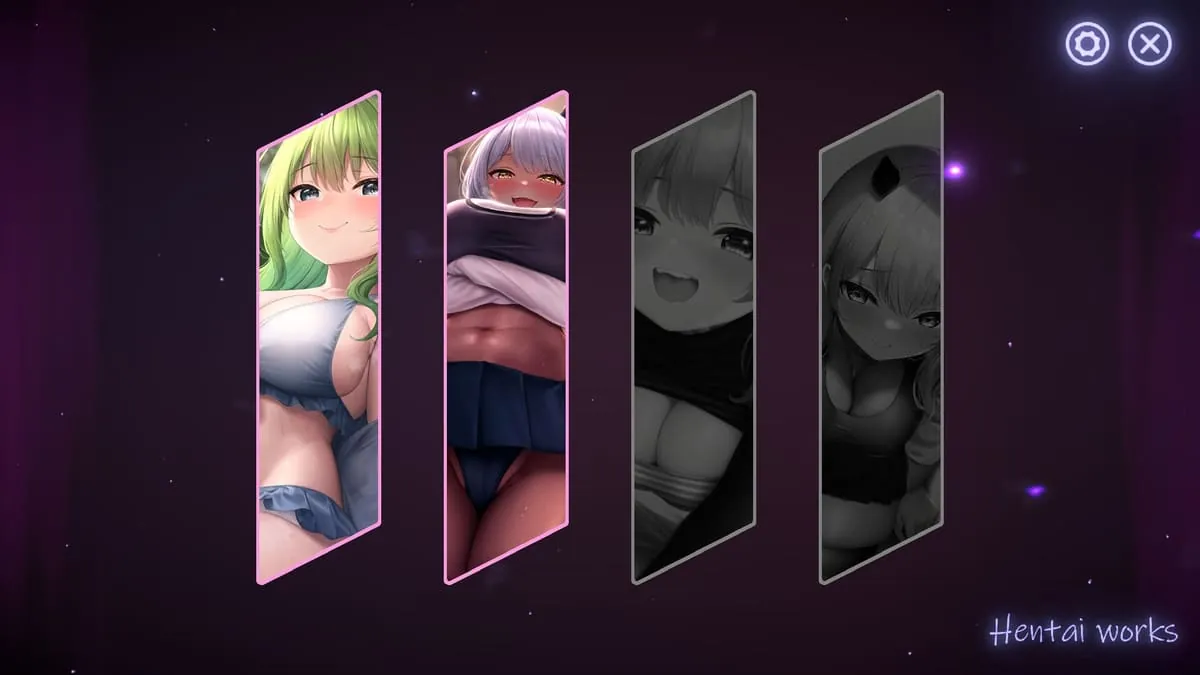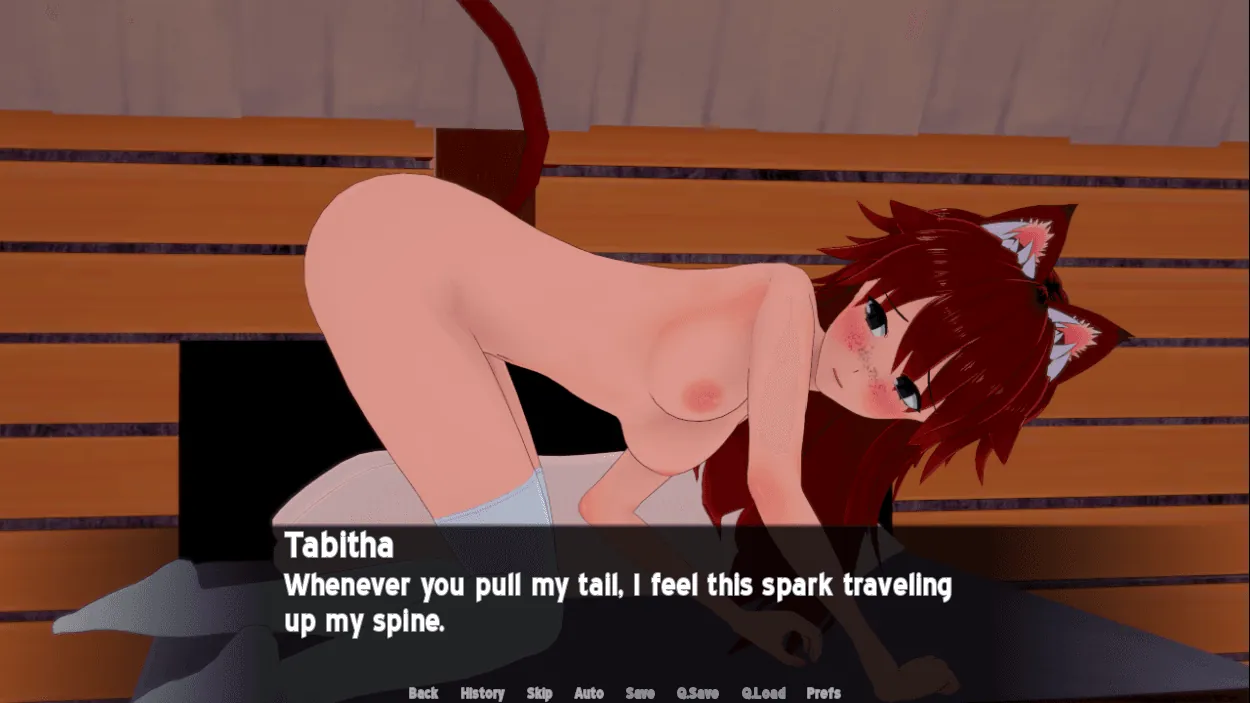
Our Red String
Play Our Red String
Our Red String review
Explore the branching narrative, character depth, and player-driven experience of this acclaimed visual novel
If you’re curious about ‘Our Red String,’ you’re not alone. This visual novel stands out for its intricate storytelling, meaningful choices, and richly developed characters. Unlike many games in its genre, ‘Our Red String’ offers a dual-protagonist experience where every decision carries weight, often forcing players to trade one opportunity for another. The narrative weaves together romance, drama, and personal growth, with a focus on cause-and-effect relationships that keep players coming back for more. Whether you’re a fan of interactive fiction or new to the genre, this guide will walk you through what makes ‘Our Red String’ a memorable experience.
What Makes Our Red String Stand Out?
Branching Storylines and Meaningful Choices
Ever played a visual novel where your “big decisions” barely changed a dialogue line? 😒 Me too. That’s why discovering Our Red String branching story felt like unlocking a secret level of storytelling freedom. 🗝️ This isn’t just about picking flavor text—every choice ripples through the narrative like a stone tossed into a pond. 🌊 Whether you’re navigating Lena’s artistic struggles or Ian’s corporate dilemmas, your selections actually reshape relationships, careers, and even endings.
Take this gut-punch moment I experienced: Early on, Lena can confront her exploitative boss. I chose aggression—meaningful choices visual novel at its finest!—which felt heroic… until three chapters later, when it got her blacklisted from galleries. 😱 That consequence haunted my playthrough, forcing me to replay and test kinder approaches. This cause-and-effect design means no two players share identical journeys. Your path branches based on:
– Moral compromises (e.g., lying for short-term gain)
– Relationship investments (prioritizing friends vs. romance)
– Career-defining risks (safe choices vs. bold leaps)
💡 Pro Tip: Keep multiple saves! One “oops” decision can alter entire character arcs—making Our Red String replay value insane.
Here’s how it stacks up against typical VNs:
| Feature | Typical Visual Novels | Our Red String |
|---|---|---|
| Choice Impact | Surface-level dialogue shifts | Plot-altering consequences |
| Story Branches | 2-3 major endings | 12+ unique endings |
| Character Reactions | Static relationships | Dynamic trust systems |
The dual protagonist game structure doubles the stakes. Playing both Lena and Ian—sometimes with conflicting goals—creates delicious tension. 🤯 One playthrough, I had Lena sabotage Ian’s promotion to protect her friend… then switched perspectives and felt his devastation firsthand. That emotional whiplash? Chef’s kiss. 👌
Character Development and Relationships
Forget cardboard cutouts—Lena and Ian breathe, stumble, and grow like real people. Their flaws hooked me immediately: Lena’s self-doubt as an artist 🎨, Ian’s buried guilt over family expectations. What elevates character development Our Red String is how your choices mold their evolution. Ignore Lena’s creative blocks? She becomes jaded. Encourage Ian’s honesty? He transforms from people-pleaser to leader.
Relationships evolve organically too. Early on, I tried matchmaking Lena with a charming poet… only to discover he plagiarized her work later! 💔 The game tracks subtle variables:
– Trust meters hidden behind every dialogue tree
– Time management (neglect friends, and they drift)
– Betrayal ripple effects (lie once, and doubt lingers)
Romance isn’t just flirty options—it’s messy, layered, and sometimes heartbreaking. One playthrough, I had Lena confess her feelings to a friend during a rain-soaked argument 🌧️. He rejected her gently… but that vulnerability later inspired her boldest artwork. That’s the magic here: “failures” fuel growth.
Art Style and Presentation
Let’s address the elephant in the room: Yes, some fans debate the visual novel art style. Critics call character expressions “too detailed,” but honestly? That’s its strength. 👁️ When Ian’s eyes flicker with suppressed anger during a board meeting, or Lena’s hands tremble holding a paintbrush—you feel it. The watercolor-esque backgrounds? Pure mood. 🌆 Night markets glow with neon warmth; studios feel cluttered and alive.
Replayability shines through presentation too. Those subtle player-driven narrative touches:
– Environmental details change based on choices (e.g., Lena’s apartment fills with art if she pursues passion)
– Music shifts from hopeful piano to tense synth during crises
– Hidden scenes unlocked only after 3+ playthroughs (I found a heartbreaking letter on try #4!)
Our Red String replay value isn’t about grinding—it’s about curiosity. Each run reveals new layers, like peeling an onion 🧅 (minus the tears… okay, maybe some tears). One tip: Play once selfishly, once selflessly. The contrast in endings blew my mind!
So why does it stand out? It treats choices as sacred, characters as human, and you as the co-author. ✍️ That’s rare magic.
‘Our Red String’ delivers a standout experience in the visual novel genre, thanks to its deep narrative, meaningful choices, and well-crafted characters. Whether you’re drawn to its branching storylines, the emotional weight of its decisions, or the desire to see how different choices play out, there’s plenty to discover. The game’s replay value and community support make it easy to dive back in and explore new paths. If you’re looking for a story that respects your agency and keeps you invested in its world, ‘Our Red String’ is well worth your time. Ready to see where your choices will take you? Start your journey today.
